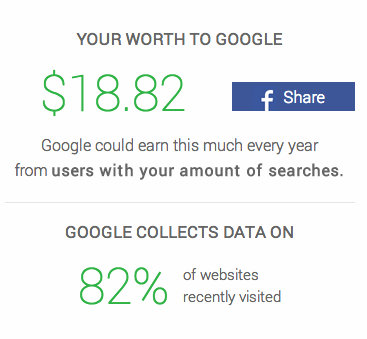Ebocloud introduces various aspects that make readers question the relationship humans have with technology. In the book, Desalt, the founder of Ebocloud, utilizes Vonnegut’s theories to create a multi-human system similar to Facebook in the sense that everyone is interconnected. Desalt attempts to mimic the African tribe Ebo by also creating functional family units where “Ebo-cousins” will be at the disposal of their other ebo-cousins. With digitalized tattoos, they are able to check into the network and help their ebo cousins out. The outcome of doing so is karmerits, and the more karmerits an individual earned, the higher the elder position they received.
Although the idea is a bit farfetched, we can’t help but wonder whether a similarity already exists in the real world. The Internet has provided us with the same interconnectedness that Ebocloud offers. Although we don’t necessarily earn karmerits, we still receive the sense of connectivity amongst each other. This can’t help but make me wonder how big of a role technology plays in everyone’s lives. We evidently aren’t part of a system where our hierarchal standing is dictated by the amount of good deeds we de. But we are part of a system that extracts our personal information and resells to other companies for profit. Whether or not we choose to acknowledge that, we continue to be a part of it because we would much rather lose a little bit of our personal data rather than disconnect from the virtual realities social media offers us.
Apart from Ebocloud being a story of a young male protagonist who participates in this social, real world application, it is also a commentary on society and of the various social media which we rely on to become more connected with the world. This book does a very great job of posing questions as the story progresses. It makes us wonder how interconnectivity plays a great role in our lives and how technology helps amplify human connection.
Moss, Rick. Ebocloud. New Orleans: Aqueous, 2013. Print.

